Back
SHIV DIXIT
CHAIRMAN - BITEX IND... • 1y
📖 DAILY BOOK SUMMARIES 📖 🚀 12 Lessons from 👉 🔥 The Art Of Strategy 🔥 ✨ By Avinash Dixit ✨ 1. Types of Games • Cooperative vs Non-Cooperative Cooperative games involve players who can form binding commitments, while non-cooperative games do not allow such agreements • Zero-Sum vs. Non-Zero-Sum: Zero-sum games involve one player’s gain being equivalent to another’s loss, whereas non-zero-sum games can benefit all players 2. Dominant Strategies • A dominant strategy is one that yields a better outcome for a player regardless of what others do • Identifying dominant strategies can simplify decision-making in strategic interactions 3. Nash Equilibrium • A Nash equilibrium occurs when players reach a situation where no player can benefit by changing their strategy while the others remain constant • This concept is fundamental in predicting outcomes in strategic settings 4. Mixed Strategies • In situations without a dominant strategy, players may randomize their strategies (mixed strategies) to keep opponents uncertain about their choices • This approach can prevent predictability and enhance competitive advantage 5. Backward Induction • Backward induction is a method of solving game trees by analyzing possible moves from the end back to the beginning. • It helps in determining optimal strategies in sequential games 6. The Role of Information • The level of information available to players can significantly impact strategic decisions. • Players may bluff or signal to convey or obscure information, influencing the outcomes of the game 7. Bargaining and Negotiation • Effective negotiation strategies are vital for reaching mutually beneficial agreements. • Understanding the power dynamics and potential outcomes can improve negotiation tactics 8. Auctions and Competitive Bidding • The book discusses different auction formats and strategies for participants to maximize their chances of winning. • Knowing the auction type can influence bidding strategies and outcomes 9. Repeated Games • In repeated interactions, players can build reputations and use strategies like tit-for-tat to encourage cooperation • This dynamic changes the nature of strategic interactions over time 10. Strategic Commitment • Players can make strategic commitments to influence the actions of others, such as through credible threats or promises. • Commitment devices can effectively shape the game’s outcome 11. Applications in Business and Economics • The principles of game theory are applicable across various fields, including economics, politics, and everyday decision-making. • Understanding these concepts can help businesses navigate competition and enhance strategic planning 12. The Importance of Timing • Timing: Critical for strategic decisions; influences outcomes • First-Mover Advantage Early action can lead to benefits but carries risks of imitation 🔗 Download whole book freely from comment section 🔗
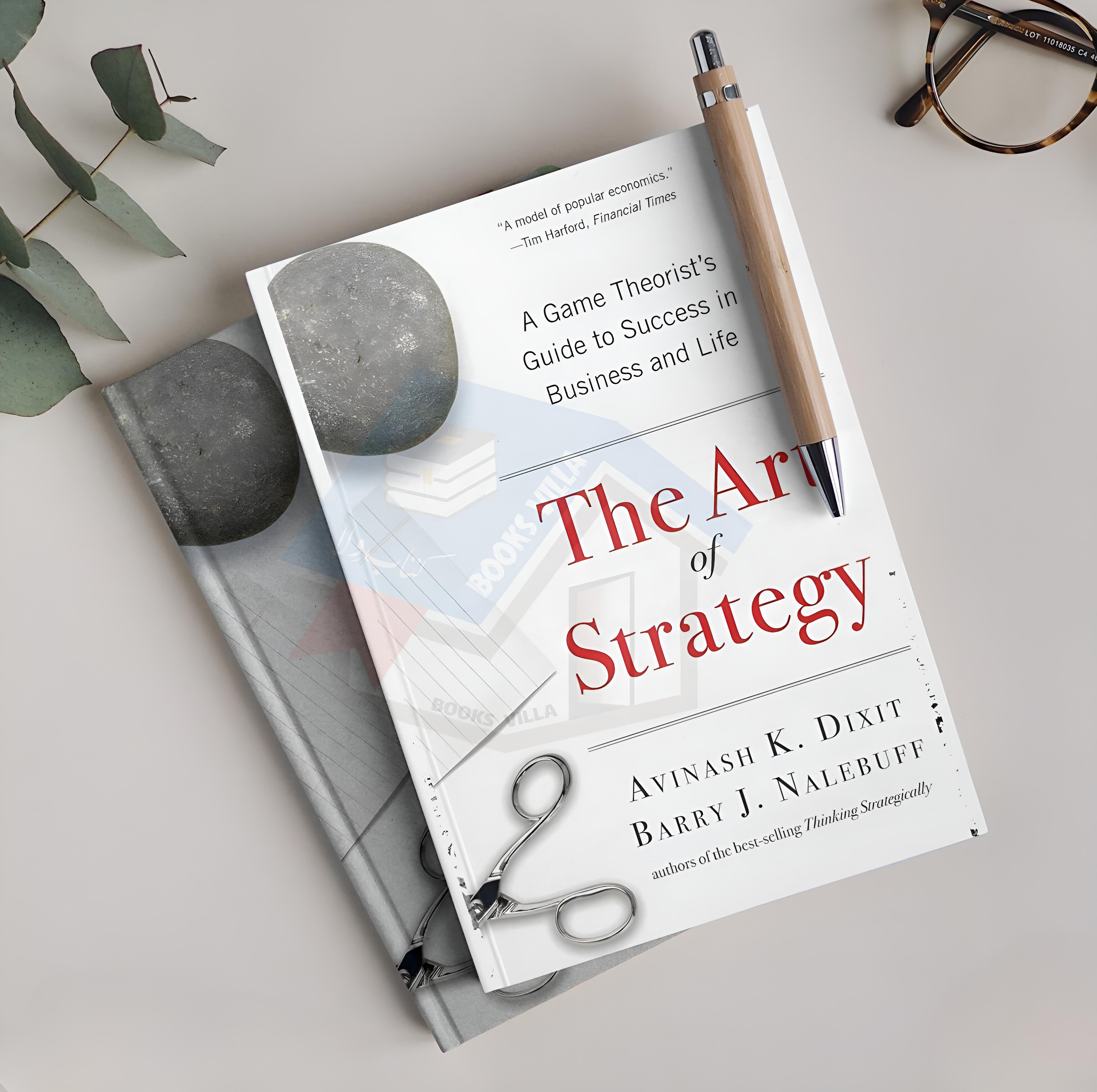
Replies (4)
More like this
Recommendations from Medial
Himesh Jain
Chasing for infinity • 1y
Play to earn games started as a revolution and going on as a disaster. What's the point of these games they are giving players literally pennies, some good ones are there but they require huge investment. And why these games don't have a good gam
See MoreFletcher Jacqueline
Hey I am on Medial • 4m
The unique aspect of Scratch Games is the massive creative community in which millions of users share, learn, and build games. Scratch allows you to not only play but also design your own games. With a few clicks, gamers may construct character movem
See MoreDownload the medial app to read full posts, comements and news.




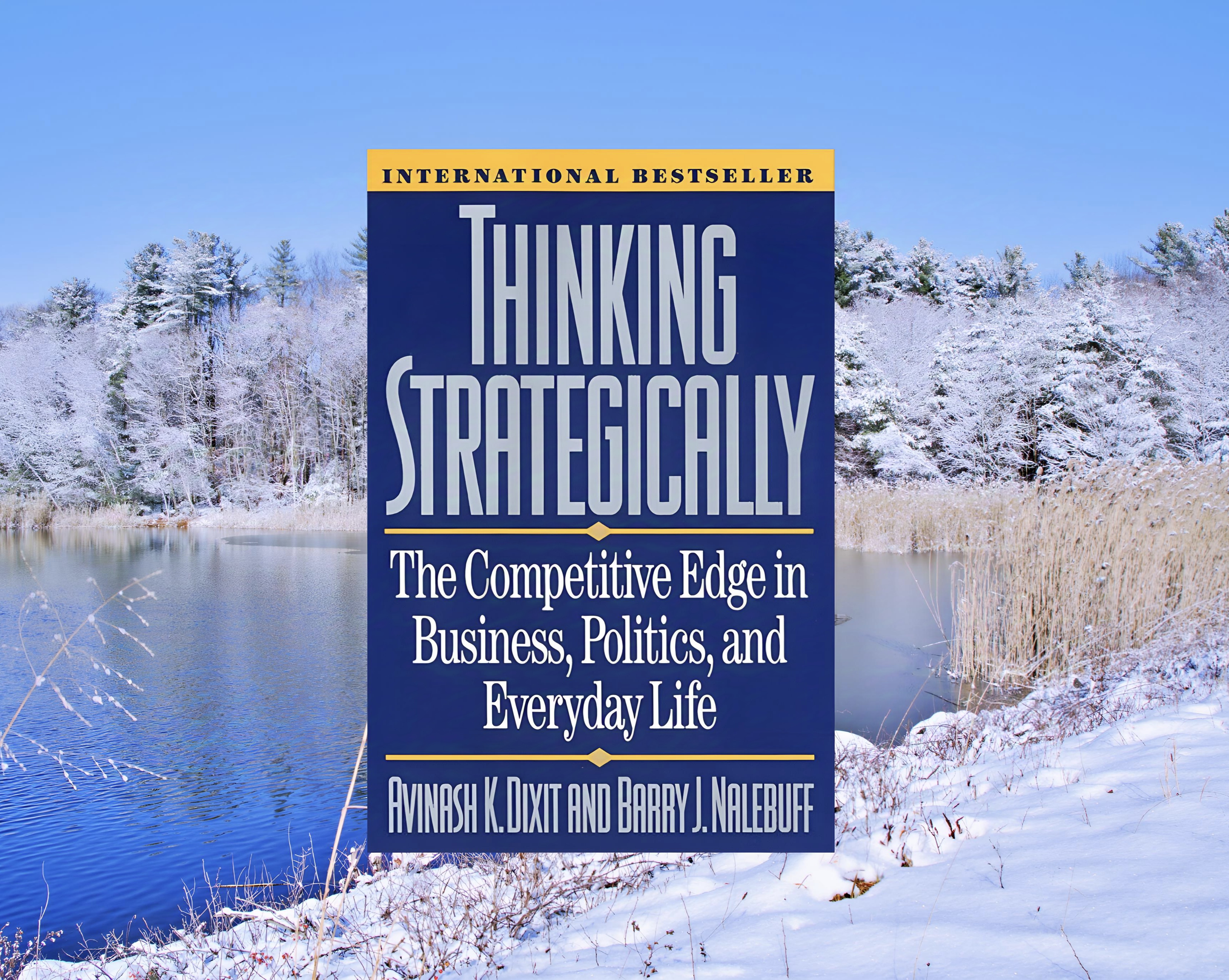










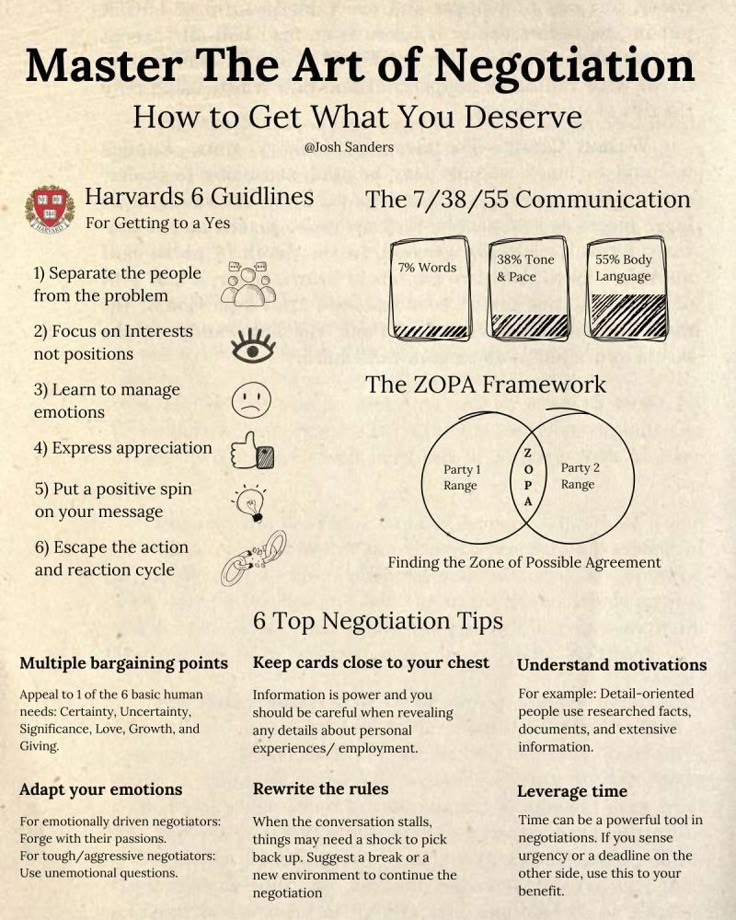

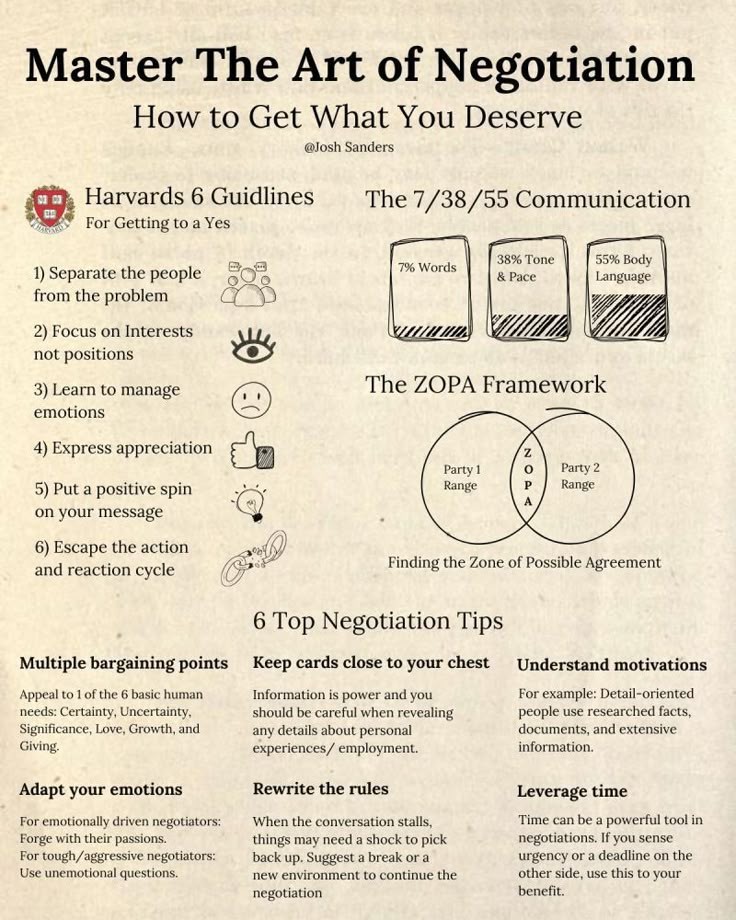

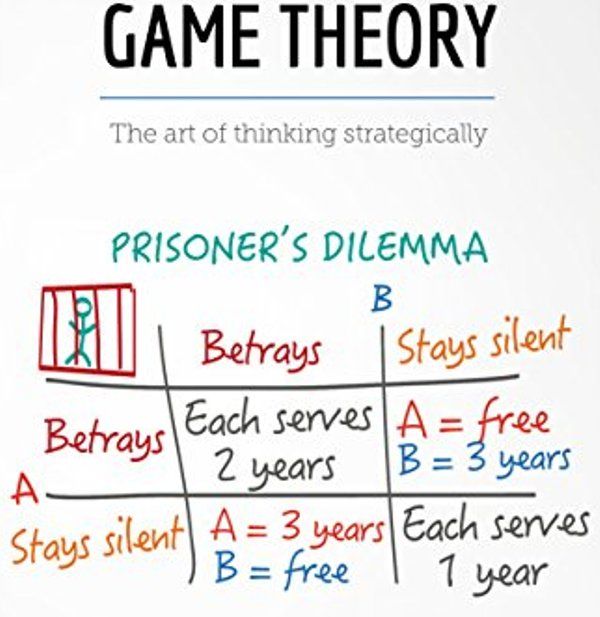

/entrackr/media/post_attachments/wp-content/uploads/2021/08/Accel-1.jpg)


















